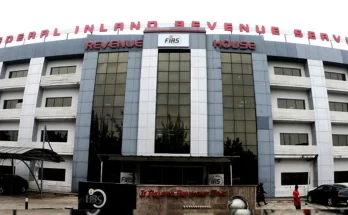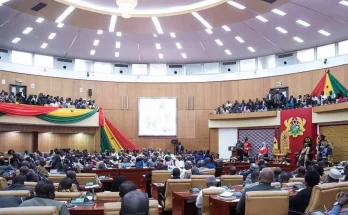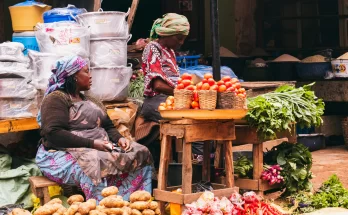The proposed membership is expected to impact seed exports in the agriculture value chain
As part of its efforts to improve the country’s seed export and eventually tax revenue generated, the Nigerian Government through its National Agricultural Seeds Council, NASC has launched moves to make Nigeria a full member of the Organisation for Economic Cooperation and Development (OECD).
This was revealed recently at a workshop on International OECD Seed certification in Abuja, where the global cooperation oriented Nigerian officials as part of the requirements to become a certified OECD member nation.
During his address at the workshop, the Director-General, NASC, Dr. Philip Ojo, explained that Nigeria’s seeds would be traded globally without stress once the country becomes a member of OECD, pointing out that this would stop all forms of seed dumping in Nigeria.
He mentioned that the OECD scheme is an international organization in the seed trade and that although Nigeria only has observer status at the moment, it is striving relentlessly to become a full-scale member so that its local products will be able to key into that international seed trade.
The Director-General also mentioned that if everything goes according to plan, local seeds are going to be sold anywhere, which will lead to a significant increase in local seed companies’ income, and in turn boost the Nigerian economy.
He stated that after the workshop, the experts from OECD would examine Nigeria’s facilities and expressed sanguinity that the country would scale through.
He added that this is the first step in a series of training that will unfold as things progress.
What is OECD?
The Organisation for Economic Co-operation and Development (OECD) is an intergovernmental organization with 38 member countries, created in 1961 to facilitate economic progress and world trade.
It is a forum and its members are countries that describe themselves as devoted to democracy and the market economy, providing a platform to compare policy experiences, pursue answers to common issues, point out good practices and organize domestic and international policies of its members.



